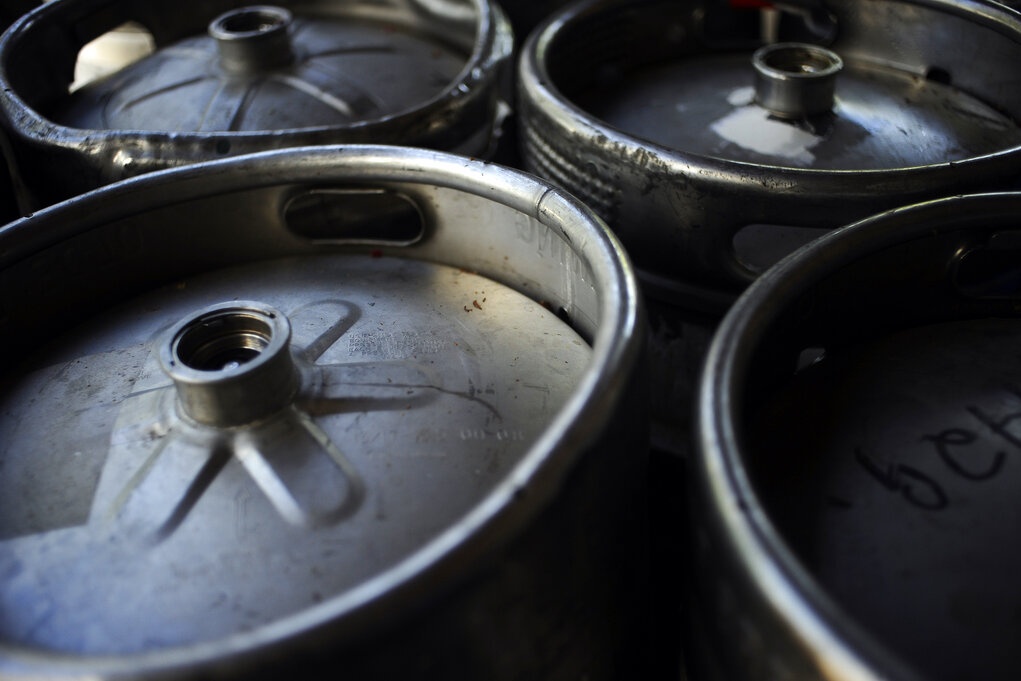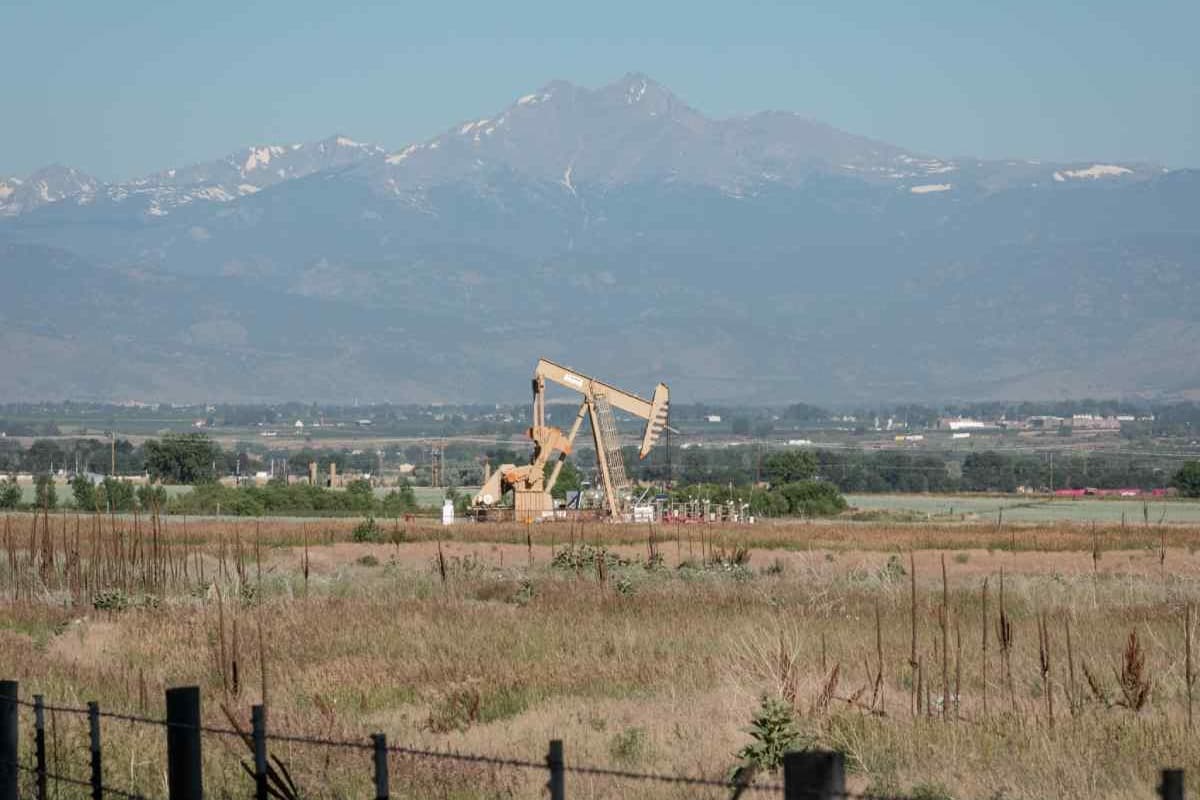
There’s a storm brewing in Colorado’s craft beer scene. You can see it all the way from Oregon.
Colorado is one of the top markets for G4 Kegs, a company in the suburbs of Portland that supplies kegs throughout North America.
“Originally, we had a warehouse in Colorado,” said Max Shepanek, the owner of G4 Kegs.
But that was back during the craft brewing boom years. The craft business took a hit during the early days of the pandemic when people couldn’t go to breweries. It’s never fully recovered.
G4 closed its Colorado warehouse in late 2021.
“As the industry started to slide, it just didn't make sense,” Shepanek said. “We did great in Colorado for many years. It's a very robust craft scene, just like here in Oregon. But Oregon and Colorado … they experienced the decline a little harder than some areas.”
The abundance of craft breweries in both states means that they’re going to suffer more when the industry slows, he said.
Things are only getting worse with the Trump administration’s on-again, off-again trade war. Steel kegs aren’t manufactured in the U.S. They’re imported, mostly from China and Europe. That makes them subject to import taxes as President Trump seeks to upend the global trading order.
In recent weeks, Shepanek decided to suspend importing. He’s selling the inventory he has and waiting to see what happens next.
Tariffs in and of themselves wouldn’t necessarily kill his business, he said. But the chaotic implementation is a real problem.
“The bigger issue right now is there's no plan. So far, everything is just buzzwords and bullying and jockeying, and so these go into effect overnight. But what happens is there's no plan on the backend to actually enforce it,” Shepanke said. “We could have stuff on the water and it could be subject to who knows what, by the time it lands … There's too much risk right now to move forward on importing stuff.”
That kind of uncertainty would be trying for a business even in the best of times. And it’s not the best of times in the keg business. The market is in decline because there aren’t a lot of new breweries opening up. Steel kegs last a long time, so people don’t need to replace them all that often.
“It's a blessing and a curse that our product has a very long life expectancy,” Shepanek said. “We need people to be opening up another location. We need customers that are expanding distribution footprints … And so that’s not happening. We’re kind of at a standstill.”
One player leaving the market won’t likely have an immediate impact. There are plenty of kegs in circulation, and Colorado’s brewers aren’t going to run out of them anytime soon, according to Bart Watson, CEO of the Brewers Association, an advocacy group based in Boulder. But it could become a problem if tariffs become a permanent fixture.
“Brewers are going to continue to need kegs even if it's at lower demand than it was before,” Watson said.
Moreover, the state’s craft brewers are essentially fighting a two-front war against slowing demand for beer as well as unpredictable costs for the things they need to make and package that beer. The price of kegs is just one small piece of the larger problem, according to Watson.
“We're seeing a fair amount of supply chain disruption broadly right now, and kegs is one place, but the combination of demand slowdown and then tariffs, which is causing its own supply chain disruption, is leading to this in lots of different places in the brewing industry,” Watson said.









